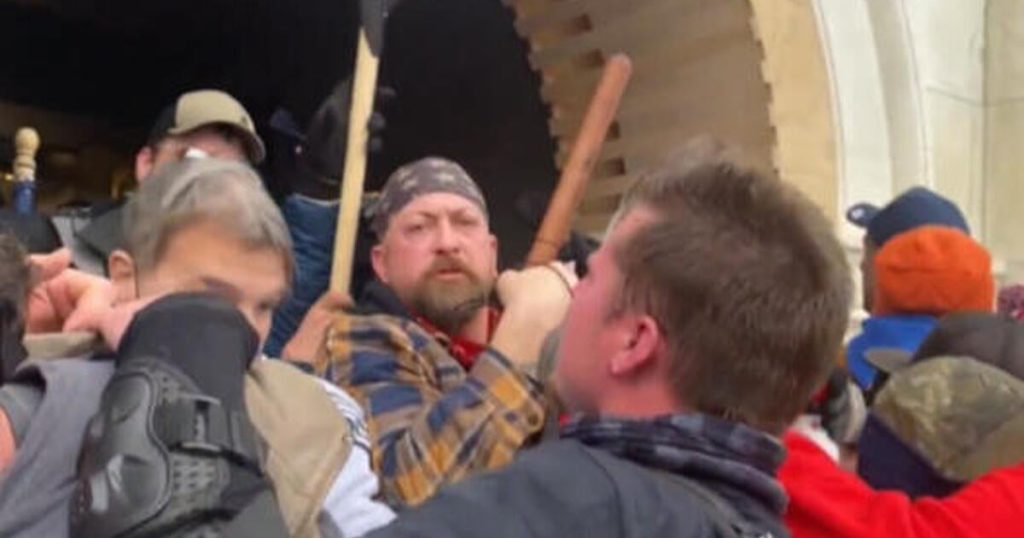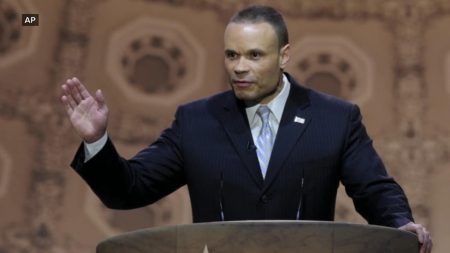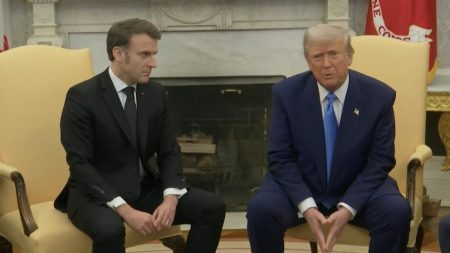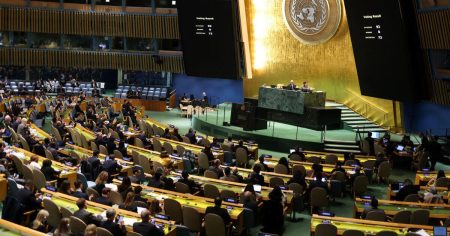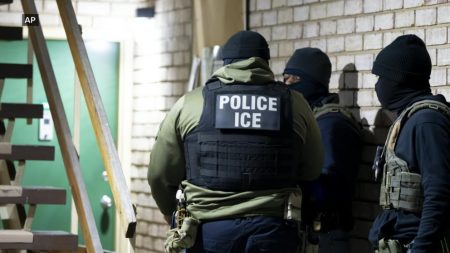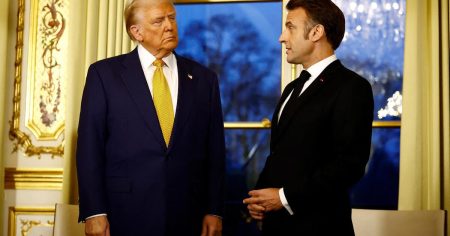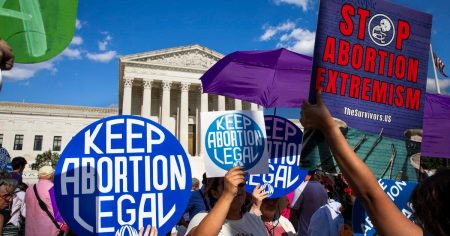The Controversial Pardon of January 6th Defendants: A Case Study of Peter Schwartz
Introduction: A Blanket Pardon and Its Implications
President Trump’s decision to pardon approximately 1,500 January 6th defendants on his first day in office has sparked significant controversy. The pardon, issued without distinguishing between peaceful protesters and violent offenders, has raised concerns about public safety and justice. This case study examines the pardon of Peter Schwartz, a defendant with a history of violence, highlighting the broader implications of such sweeping forgiveness.
Peter Schwartz: A Violent History and victim Impact
Peter Schwartz, sentenced to over 14 years for assaulting police officers during the Capitol riot, exemplifies the concerns surrounding the pardons. His violent history includes domestic violence and other crimes, making his release without supervision alarming. Shantelle Holeton, a victim of Schwartz’s abuse, expresses terror at his freedom, fearing for her safety and underscoring the personal impact of the pardon.
Broader Concerns: Violent Histories and Repeat Offenses
Schwartz is not an isolated case; many pardoned individuals have criminal records, including violent offenses. Critics argue that releasing these individuals without monitoring poses a risk to public safety. Recent incidents, such as Matthew Huttle’s death during a traffic stop and Elizabeth Hernandez’s 10-year sentence for a fatal DUI, illustrate the potential consequences of inadequate oversight.
Public Perception and Media Influence
Schwartz’s portrayal as a hero by some, despite his violent past, highlights the polarized nature of the issue. His use of right-wing media to claim innocence contrasts with victim testimonies and law enforcement records, revealing a divided public opinion and the influence of media narratives.
Political Motivations and Legal Implications
Trump’s pardons align with his campaign promises, garnering support but raising questions about the motivations behind such decisions. The lack of monitoring for violent offenders differs from typical pardon processes, prompting queries about the legal implications and the message it sends regarding accountability for violent crimes.
Victim Perspectives and Political Divide
Shantelle Holeton’s perspective as a Democrat who voted for Trump yet feels betrayed by the sweeping pardons adds a personal dimension to the issue. Her fear and sense of betrayal highlight the urgent need for careful consideration in pardon decisions, emphasizing the human cost of political actions.
Conclusion: Implications for Justice and Society
The pardon of January 6th defendants, particularly those with violent histories, raises significant questions about justice, public safety, and the use of executive power. The combination of political motives, lack of oversight, and victim fears creates a complex issue that challenges trust in the justice system and the accountability of violent offenders.





